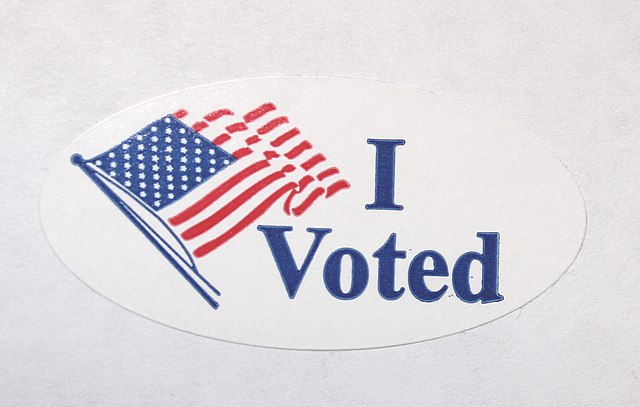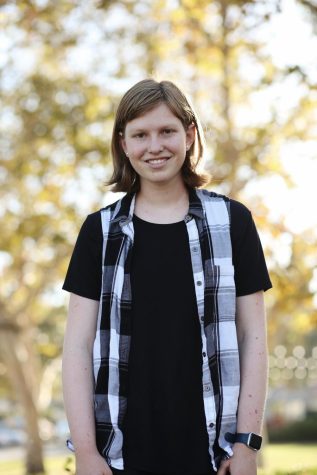When the United States entered yet another frenzied election season in the beginning of November, candidates unleashed a flurry of television advertisements, accelerating the frantic campaigning which characterizes this feverish biannual national ritual known as midterm elections.
All campaigning is for naught, however, if Americans do not participate in the electoral process and cast a vote for their favored candidates and preferred propositions. While Americans have the choice to vote in-person or by mail, voting by mail is the easiest way to cast a ballot.
MAIL-IN VOTING
The right to vote stands as a cornerstone of American democracy as it establishes the citizen’s authority to choose their congressional representatives as well as local, state and national leaders. It is imperative that the ballot is accessible to all voters, which makes mail-in voting an appealing choice. After the advent of COVID-19 in 2020 expanded mail-in voting options, it became easier to return a ballot by mail rather than drop it off in person. In California, registered voters can visit a county elections office to request and obtain a vote-by-mail ballot.
While in-person voting is a perfectly valid option, there are a number of hurdles which make it potentially more challenging than voting by mail. A mail-in voter can fill out their ballot at their leisure and mail or put it in a dropbox any time on or before election day while voting in-person requires that one arrive at the polls between 7 a.m. and 8 p.m. — which introduces time conflicts depending on the voter’s work schedule. Additionally, a first-time voter who mailed in their registration but casts their vote in person will have to bring identification, such as a California driver’s license, to verify their identity at the polls.
A recent court ruling impacted absentee and mail-in ballots across the nation. In Wisconsin, a court ruled in favor of Republicans’ request that mail-in ballots not be counted if the voter does not fill in the mandated witness address. Thousands of ballots went uncounted in Pennsylvania after the state Supreme Court ruled that election officials should set ballots aside if the voter did not write a date on the outer envelope.
VOTER REGISTRATION BASICS
There are simple steps Californians can take to register to vote. 16-and 17-year-olds can fill out a form to pre-register so their voter registration automatically activates upon turning 18, an easy way to prepare for elections in advance. Californians 18 and older who want to register for the first time can sign up online or at a county elections office. Anyone who misses the deadline to register can take advantage of statewide same-day voter registration.
The polls are not open, however, to all Californians over the age of 18. Those who have been convicted of a felony and are currently serving a state or federal prison term are barred from voting until completing their sentence, at which time they must register online or via a paper registration card.
THE RIGHT TO VOTE
The ultimate issue is not whether someone casts their ballot by mail or in-person, but that they decide to vote. On an episode of Biola’s podcast “Think Biblically: Conversations on Faith and Culture” titled “Thinking Biblically About Politics,” professor of philosophy and Christian ethics Scott Rae and associate professor of Christian apologetics Sean McDowell discussed the privilege and responsibility of voting, a civic responsibility which they described as an opportunity only a fraction of humanity has had throughout history.
McDowell noted that Christians have a moral imperative to participate in the democratic process and cast their vote on Election Day guided by biblical beliefs.
“You go prayerfully, for one,” McDowell said. “You go recognizing where your ultimate allegiance is. And you go to vote as a responsible citizen fulfilling a civic duty that I think is a biblical one. And you vote, I think, with the general principle of which person, which policy, which initiative is going to be best for the common good.”












